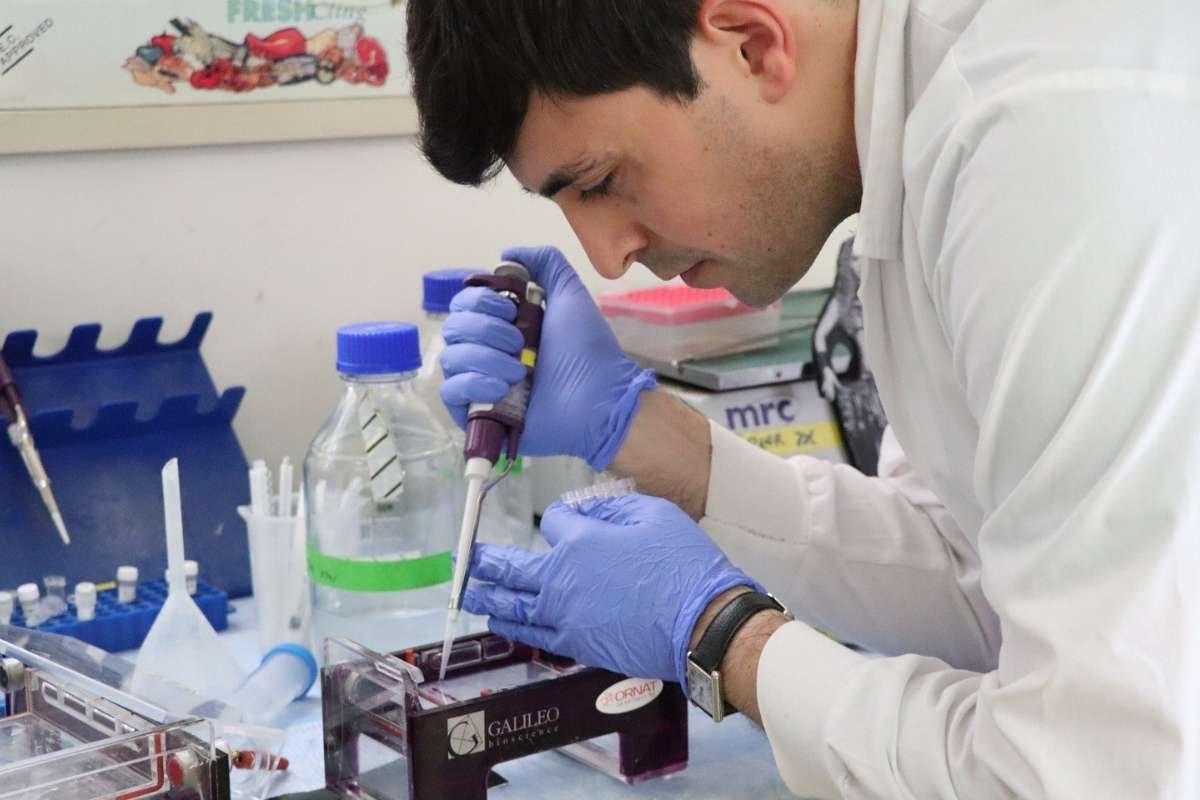Study Suggests Safety of MS Drugs During Breastfeeding (First 3 Years)
Key Points:
- A preliminary study suggests certain MS drugs (monoclonal antibodies) might be safe during breastfeeding for the first 3 years of a child’s life.
- The study will be presented at the American Academy of Neurology’s annual meeting in April 2024.
- Researchers compared the health and development of infants exposed to MS drugs through breastfeeding to those who weren’t.
No significant differences were found in terms of:
- Hospital stays
- Antibiotic use
- Developmental delays
- Speech development
- Weight
Important Note:
- More research is needed, as only about a third of the infants were followed for the full 3 years.
Additional Information:
- MS (Multiple Sclerosis): An autoimmune disease affecting the nervous system.
- Monoclonal antibodies: A type of medication used to treat various conditions, including MS.
- Neuromyelitis optica spectrum disease (NMOSD): A rare autoimmune disease affecting the central nervous system.
- American Academy of Neurology (AAN): A professional organization for neurologists.
Posttraumatic Epilepsy Linked to Increased Dementia Risk

Key Points:
- Study suggests higher dementia risk in individuals with posttraumatic epilepsy (PTE) compared to those with head injury or epilepsy alone.
- PTE is a type of epilepsy that develops after a head injury.
- The study followed individuals for up to 30 years.
- Dementia risk was 4.5 times higher in the PTE group compared to the group without epilepsy or head injury.
- The risk was 3 times higher even after accounting for stroke and mortality.
- Younger individuals with PTE had an even greater dementia risk.
Additional Information:
- This was a large, long-term study, but further research is needed to confirm the findings.
- The study did not account for certain factors like physical functioning, which might influence the results.
- More research is needed to understand the mechanisms behind the link between PTE and dementia.
Pedaling Together: Tandem Cycling Enhances Well-being for Parkinson’s Patients and Caregivers

A preliminary study presented at the American Academy of Neurology’s Annual Meeting suggests that tandem cycling on stationary bikes benefits both Parkinson’s patients and their caregivers. Conducted over eight weeks with nine patient-caregiver pairs, the program utilized virtual reality platforms and monitored improvements in physical and emotional well-being. While Parkinson’s patients showed enhanced mobility and decreased disease severity scores, caregivers demonstrated improved resilience and reduced depression levels. The study underscores the importance of holistic care approaches for both patients and caregivers in managing Parkinson’s disease. Sponsored by the Prisma Health-Upstate Office of Philanthropy and Partnership.
Key points:
- Tandem cycling on stationary bikes benefits both Parkinson’s patients and their caregivers.
- The program utilized virtual reality platforms and monitored improvements in physical and emotional well-being.
- Parkinson’s patients showed enhanced mobility and decreased disease severity scores.
- Caregivers demonstrated improved resilience and reduced depression levels.
- The study highlights the importance of holistic care approaches in managing Parkinson’s disease.
Social Factors May Affect Stroke Treatment Access

Key Points:
- Study suggests social factors like education, neighborhood, and employment might influence access to stroke treatment.
- The study focused on clot-busting drugs for ischemic stroke (the most common type).
- People with lower social disadvantage were more likely to receive the treatment.
- Black and Hispanic individuals, uninsured individuals, and those in rural areas were less likely to receive the treatment.
Additional Information:
- The study is preliminary and further research is needed.
- It is important to reach the hospital within a few hours of stroke symptoms for clot-busting drug eligibility (not measured in this study).









